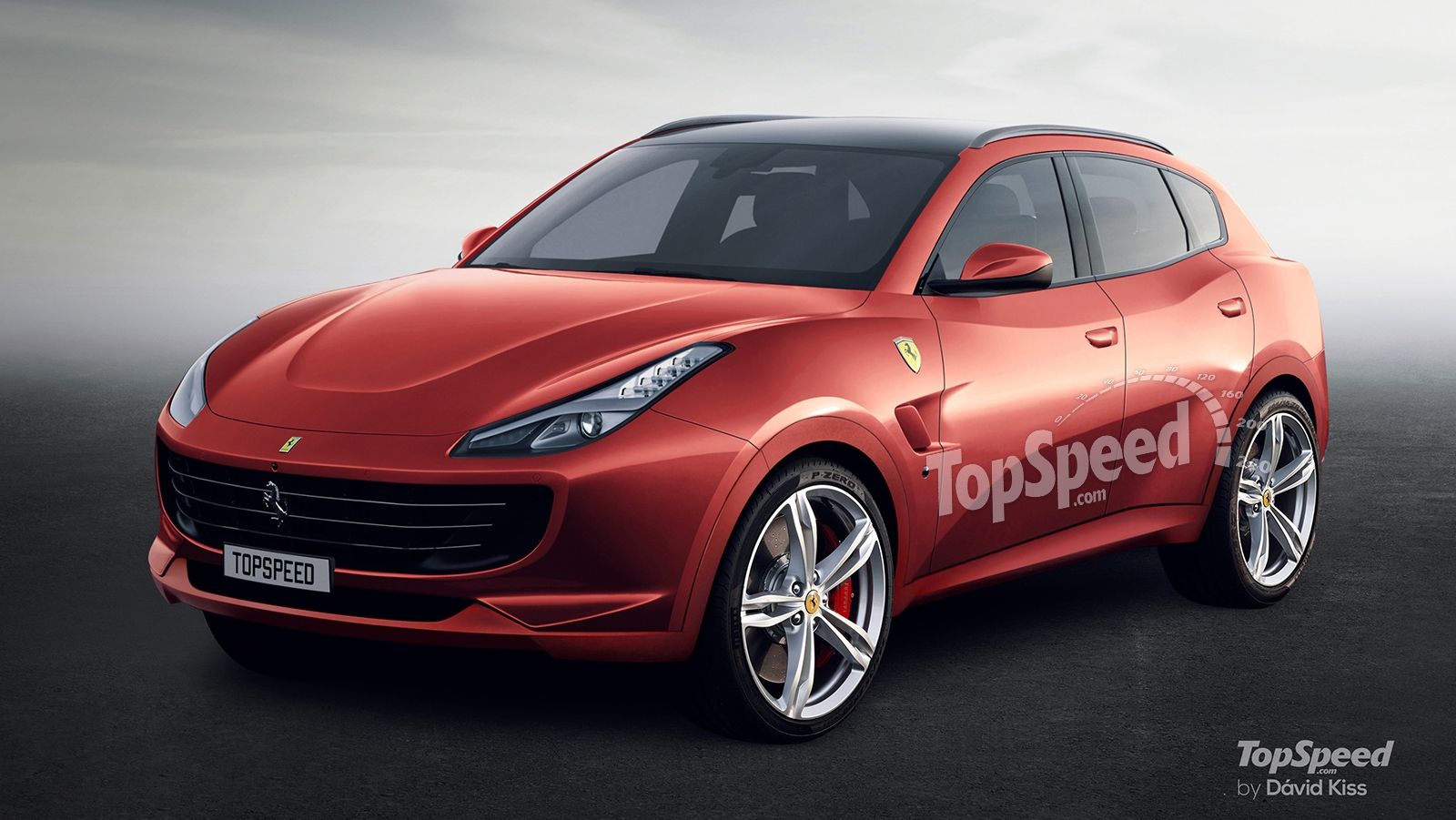The rising demand for high-end exotic cars means that even the most stubborn of automakers will need to take advantage of the opportunities that come with it. Take Ferrari, for example. The Italian marque has resisted the urge to increase production of its models, arguing that it would ruin the exclusivity that’s normally associated with the Prancing Horse. But the company has since had a change of heart and with it, a change of priorities. The short-term goal in Maranello is to increase production in its facilities in order for the company to reach its target of selling 9,000 models a year by 2018.
Former Ferrari chief Luca di Montezemolo was famous for his abhorrence of increasing production of Ferrari models because he didn’t want the brand’s status and prestige to be diluted by becoming more of a mainstream automaker in the vein of Porsche. In his mind, Ferrari should always be a low-volume automaker. But times have changed. Current CEO Sergio Marchionne has adopted a softer stance on the issue. The Italian automaker still plans to keep the exclusivity of its $200,000-and-up models, but it’s now intent on complementing that by adding a few high-volume models. That plan includes developing the Italian automaker’s first-ever SUV, a sight that could send di Montezemolo to the happy house.
Regardless of what the former chief thinks, this is the best-case scenario for Ferrari, at least from a business point of view. Automakers in the same social class as Ferrari — Lamborghini, Bentley, and Rolls-Royce, to name a few - have come to understand the importance of having an SUV in the lineup. That’s why all three brands have their own SUVs now.
At the very least, they’ve shown Ferrari that a super SUV can not only work in this current market but, more importantly, it can serve as the backbone that can help these automakers increase its profits. It would’ve made sense from a traditionalist’s point of view to eschew the thought of a Ferrari SUV. But the opposite rings true from a business case. SUV’s, no matter how high-strung they can get, are money-makers in the current landscape of the industry. If you don’t have one, you’re missing out on that pot of gold at the end of the rainbow.
Now that a Ferrari SUV is in the pipeline, it makes sense for Ferrari to boost its own production capabilities. That includes doubling assembly shifts to two per day in 2018 to meet deliveries that are now on pace to reach 9,000 units by the end of 2018, a year ahead of its initial target. This is good news for Ferrari because an SUV can increase a company’s profile beyond its own identity. Likewise, developing an SUV while still keeping a cap on production shouldn’t hurt the status and exclusivity that the Italian automaker has long tried to protect.
References
Read our full speculative review on the 2020 Ferrari SUV.
Read more Ferrari news.

